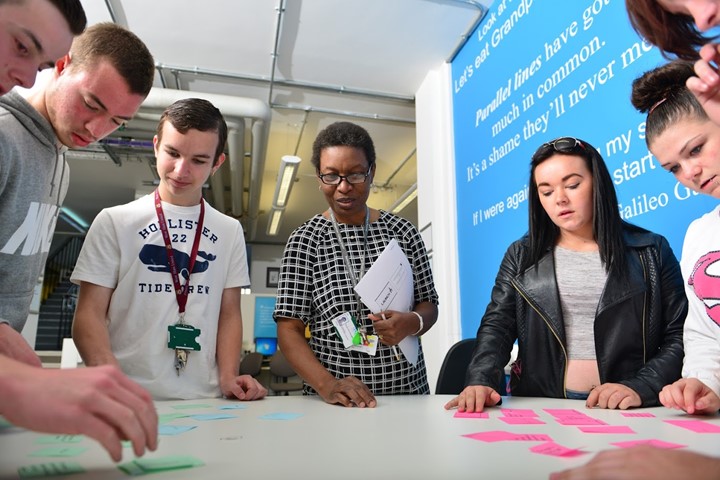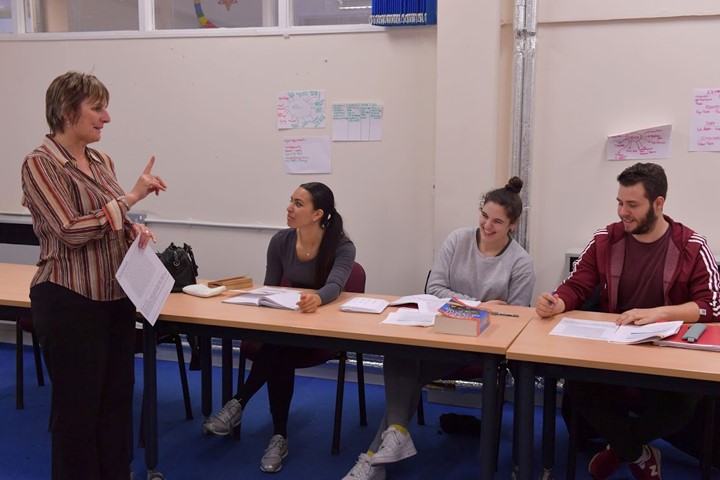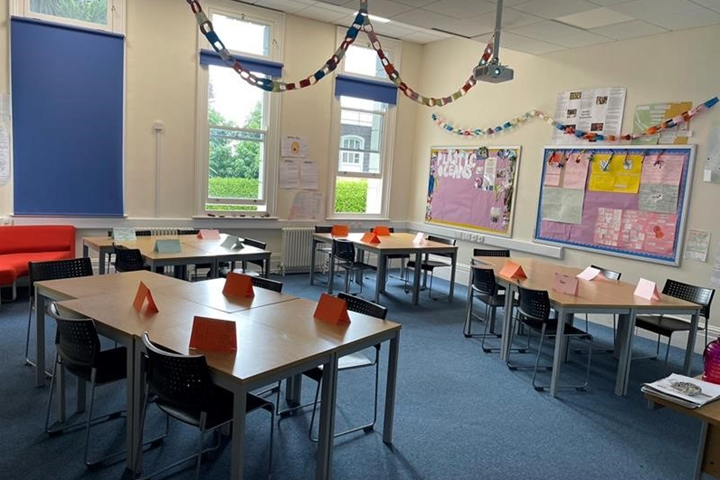Geoff Petty - The cure is learning, not grading
No one likes getting a poor grade, so teachers should consider non-graded observations instead, says Geoff Petty, author of ‘Teaching Today’, ‘Evidenced Based Teaching’ and ‘How To Teach Even Better’.
In a previous edition of inTuition (issue 12), I described how research on grading students’ work found that students with the worst grades tended to despair of their capacity to improve, and those with the best grades were often made complacent. But what is a teacher’s reaction to having one of their lessons graded poorly?
Paul Martinez, the noted writer and FE guru, suggested these responses:
- Denial – “A 3? That lesson was a 2 at least!”
- Despair – “Well I just can’t do it, can I?”
- Displacement – “It’s not my fault. I didn’t enrol these students”
- Deference – “Only improved finance can fix this”
- Destiny – “With students from a deprived background, this is the best we can do”
None of these looks helpful. But what is a teacher’s reaction if they are graded well? Complacency would not be out of the question. There is an irony here. If you visited a management studies class in a further education college you would not hear the lecturer suggest that the best way to improve staff was to foster complacency and threaten public humiliation. You might hear about continuous improvement through reflection, teamwork and value driven empowerment. So why doesn’t FE take its own advice?
Senior managers sometimes report that Ofsted in effect requires its college to do graded observations, but at a recent Newbubbles national conference I asked Matthew Coffey, director of learning and skills at Ofsted, about this during a panel discussion. Mr Coffey didn’t hesitate. He said it was not necessary for a college to do its own graded observations but that continuing professional development should be grounded in its development needs. In other words, colleges do not have to grade, but they do need to know what aspects of their teaching need improving.
At the same conference I heard that Godalming College did not have a graded observation system, but had achieved ‘outstanding’ in all categories in 2008. Its inspection report says the college’s observation is rigorous and thorough, and the emphasis was on evaluating key strengths and weaknesses. Ofsted said: “[its] imaginative lesson observation arrangements have brought about real improvements.”
Godalming used developmental feedback, exactly as Matt O’Leary suggests his article in this issue (p21). If teachers are underperforming it is not because they have a battalion of outstanding teaching methods that they are not prepared to use until they are sufficiently threatened – it’s because there is a knowledge and skill deficit. This means that the cure is learning, not grading.
Grading systems often only expect the weakest teachers to improve, effectively telling most teachers to tread water while we sort out the rest, but every teacher should be striving to improve. That’s why all teachers should be doing supported experiments. I’m a great believer in looking at the evidence. The most authoritative views come from research reviews, as their authors are not allowed to pick and choose the evidence. There are two reviews on how to improve teaching to the point that student achievement is raised.
The most recent is by Helen Timperley, carried out for the New Zealand government in 2007. In all her report’s 300 pages she does not recommend – or even mention – graded observations.
Roughly, her prescription is:
- Ask all teachers to look at their data and reflect on what their students’ learning needs are and what the teacher’s own learning needs are
- Arrange training to help if necessary, it should be based on best practice and on evidence
- Get teachers and teams to experiment with new approaches, and to discuss the impact of these experiments on learning in ‘communities of practice’ or ‘peer coaching’ groups.
- Adapt the experiment and then talk again
- Challenge teachers’ conceptions of what is good teaching and learning
- Give teachers time to improve
The other major research review in this area is by Joyce and Showers. Their findings, from 2002, are almost identical; a summary of their book is available on my website.
Still not convinced? Well, what about the Programme for International Student Assessment (PISA) comparison of educational systems done by the OECD? Have a listen to the TED talk by PISA’s head, Andreas Schleicher. He looks at the educational systems that come out top in PISA’s ranking, such as Finland and Singapore. (Finland and others high on PISA’s ranking don’t have Ofsted systems, don’t grade their teachers, and have class contact of about 16 hours a week.)
How do they do it? They don’t use accountability and control systems. Instead, they get teachers to work together to frame good practice. They provide excellent CPD, enable teachers to make innovations in pedagogy and foster professional dialogue. They have moved away from standardisation and compliance towards helping teachers to learn how to get better. They also put the most capable teachers into the most challenging classrooms.
But don’t managers need to know who teaches badly? Yes, but we are awash with data that tells us that, including retention, achievement, value added and student satisfaction data. If that information says that teaching is poor, but the lesson observation says it’s good, which do you believe? In any case, whatever the grade, the conclusion is the same. How can we improve teaching for our students?





